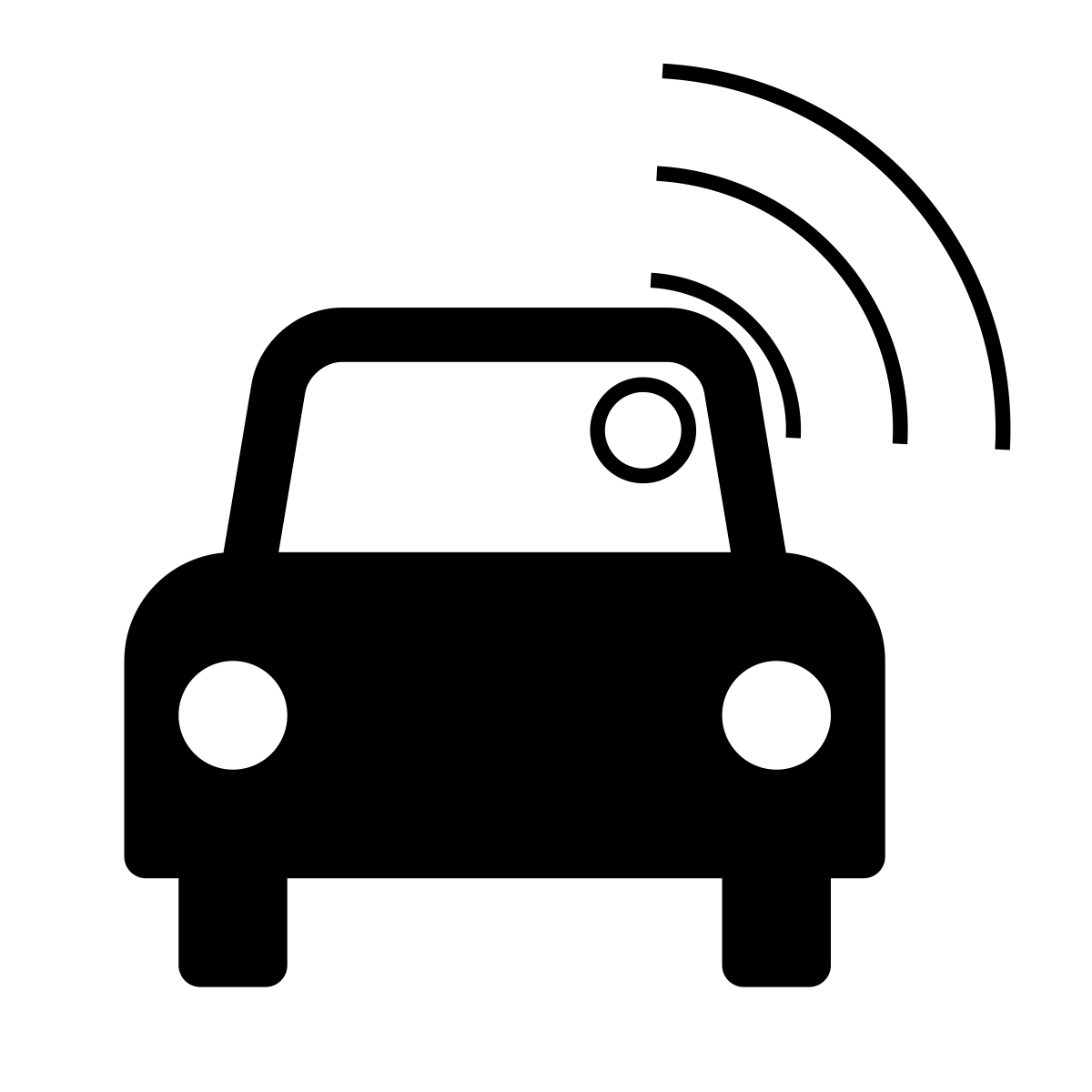


Do you like computers? Would you like to learn how computers work and then build your own computer as a class project? Students in Electronics Engineering Technology will learn to build and control electronic devices through exciting hands-on applications of engineering theory. ECET combines engineering knowledge and methods with technical skills to support engineering activities, emphasizing practical application rather than theory and design.
Students will learn to design, build, and test a wide range of electronic and computer systems. These systems include machine controllers, instrumentation, computer security, and networking. With various programming languages like Java and C, students will be able to participate in hands-on labs and use programming in electronic design.
Students are required to take a renewable energy course which exposes them to responsible global citizenship. In their senior year the students are required to take the senior capstone course that will showcase their technical knowledge in a variety of applications, such as product development or NASA competitions. The capstone includes community outreach, budget planning, reports and presentations to a panel of faculty and clients.
Students must complete all University degree requirements, which can see be seen with full details on the ECET Catalogs Page. Degree requirements include: General Education requirements, Viewing a Wider World requirements, and elective credits to total at least 120 credits with 48 credits in courses numbered 300 or above. Developmental coursework will not count towards the degree requirements and/or elective credits, but may be needed in order to take the necessary English and Mathematics coursework. A typical 4-year graduation plan can be seen below.






Job Placement Rate is above 90% at graduation. The Median Starting Salary is $70,000.